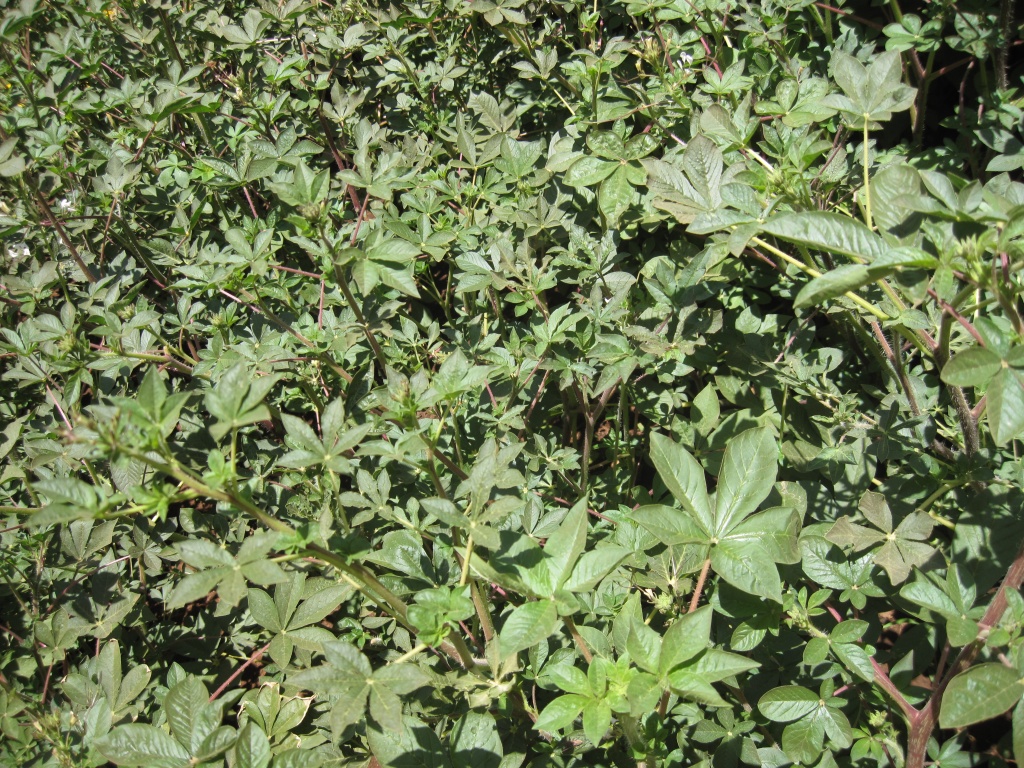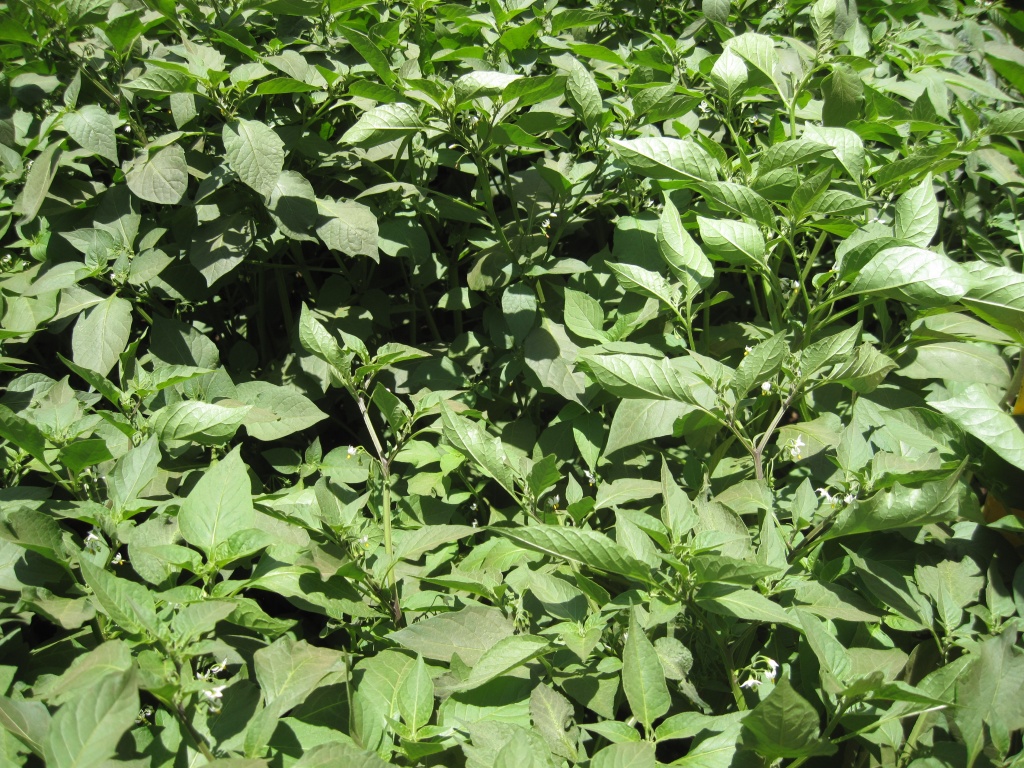Spider plant. Photo: Oyugi Zablon
Kenya Agricultural & Livestock Research Organization’s (KALRO) Horticulture Research Institute at Kandara Centre has come with a programme which is geared towards bringing back the love and the taste of the African indigenous vegetables back.
The programme which is known as African Leafy Vegetables (ALVs) has been in place for quite some time now with the implementation carried out in some parts of the county like Busia County and is hoped to increase vegetable, fruit, medicinal and aromatic plants options which sustainably could be established in marginal lands of Kenya according to James Gwandaru Agronomist and Laison Officer and agronomist at KALRO.
READ ALSO: Western farmers guard cultural identity with indigenous crop cultivation
“In this programme we have realised that the major constraints to horticultural production include inappropriate crop varieties where farmers tend to try any crop materials even though they may not be suited for their region, infestation by major pests and diseases leading to low quality produce that are unmarketable and reduced yields translating to loss of income by the farmers and the country,” said Gwandaru.
Some of the vegetable targeted in this programme include cowpeas, pigeon peas, night black shade, amaranth, spider plant, vine spinach, jute mallow (mrenda) among many which has been found to increase crop diversity in both diets and production systems, resulting in healthier people, healthier food systems and improved livelihoods.
According to Gwandaru there are many reasons why these crops have been facing extinction like climate change, changing land use, shift in eating habits and preferences and environmental pollution which has left many people rely only on handful food crops.
READ ALSO: Indigenous vegetables promise farmers nutrients and profits in cash
“Severe climate, weather and environmental conditions have led to decline in the production and consumption of traditional crops, including African leafy vegetables which are nutritious, weedy, semi-cultivated species adapted to local growing environments and more resistant to pests and diseases, requiring little management, pesticides and fertilizers,” said Gwandaru.
An effort by Bioversity International since 2004 working with several partners in Kenya increased production, consumption and marketing of a wide range of African leafy vegetables (ALVs) and improved household welfare.
An impact assessment study by the same organization showed that nearly two-thirds of households growing ALVs increased their income from ALVs, while nearly half had increased their consumption of ALVs. Bioversity was ranked as the most influential partner in promoting production and use of ALVs and in raising awareness of the value of ALVs.
READ ALSO: The lucrative Indigenous vegetable business
Black night shade. Photo: Oyugi Zablon

